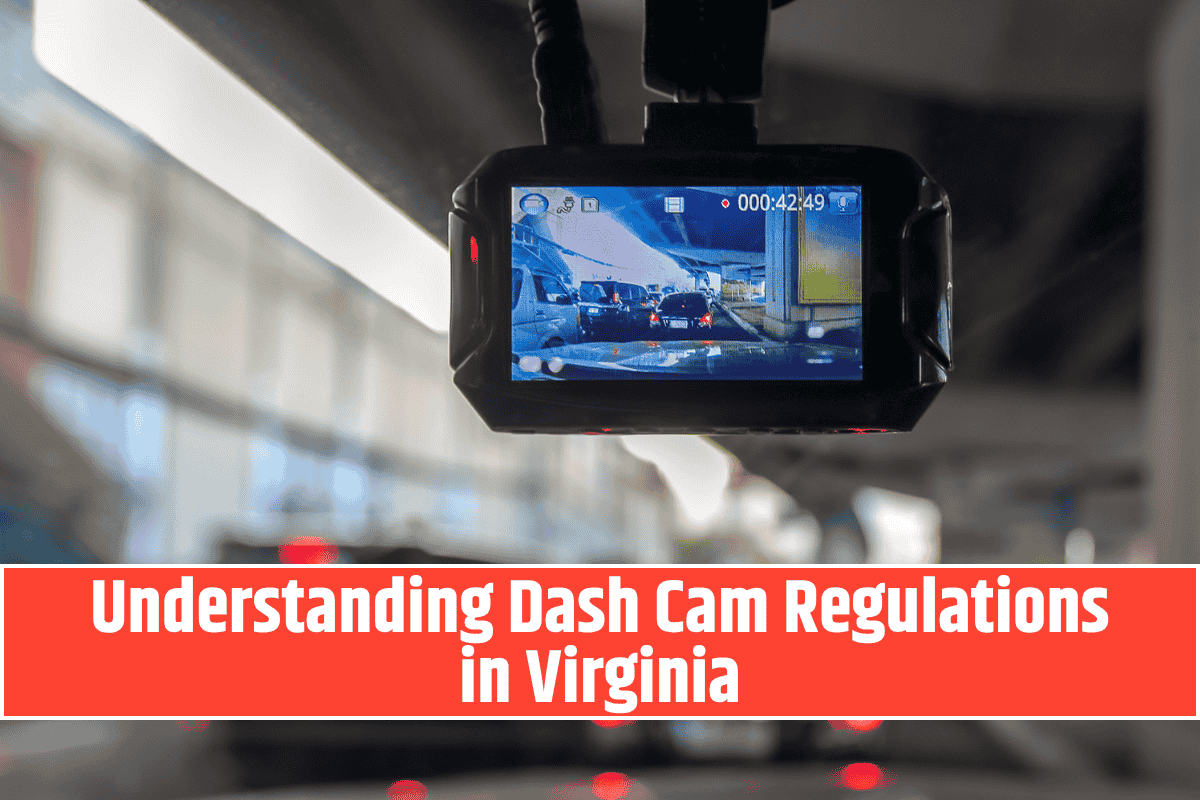If you’re ever in a car accident, having solid evidence can help you prove what really happened. But most accidents don’t have neutral witnesses.
That’s where a dash cam can be very useful. Dash cams act as a silent, unbiased observer that can support your version of events.
In Virginia, while there are no strict dash cam laws, there are some rules and safety tips drivers should understand. This article will help you learn about using dash cams legally and wisely in Virginia.
What Are Dash Cams and Why Use Them?
Dash cams are small video cameras that are usually mounted on a vehicle’s dashboard or windshield. They record everything happening in front of your car, and sometimes inside or behind the vehicle too.
Police departments have used dash cams for decades because they provide clear, unbiased evidence of what actually happened during a traffic stop or accident.
As a regular driver, using a dash cam can help you prove your innocence after a crash. It records the real-time footage of the road and can show who was truly at fault. Unlike people, cameras don’t forget or change their stories.
Are Dash Cams Legal in Virginia?
Yes, dash cams are legal in Virginia. There are no specific laws that ban them for private drivers or businesses. You’re allowed to install and use them in your personal or work vehicle. However, there are a few things you need to keep in mind.
Virginia law doesn’t allow anything to block your view through the front windshield. So, while a dash cam is legal, it must be placed in a way that doesn’t affect your ability to drive safely or see the road clearly. If your dash cam creates a blind spot or causes distraction, it could be considered reckless driving.
Advantages of Using a Dash Cam
Using a dash cam comes with several benefits:
It records accidents as they happen, so you won’t have to rely only on memory or witness statements.
The footage can prove who was at fault, which helps you get your insurance claim approved faster.
Courts, insurance companies, and police usually trust dash cam footage because it’s seen as unbiased and accurate.
If saved properly, video clips can be stored for years and used whenever needed as evidence.
Disadvantages and Risks of Dash Cams
While dash cams offer many advantages, there are some downsides too:
The camera records everything, including your own driving mistakes. If you’re partly at fault in a crash, your own dash cam footage could be used against you.
Dash cams only record the direction they’re facing. That means you might miss things happening to the sides or rear of your vehicle.
Installing extra cameras to cover every angle can be expensive and complicated.
If you don’t regularly check and back up your footage, you could lose important videos before you need them.
Tips for Using Dash Cams in Virginia
If you decide to install a dash cam, follow these simple tips:
Mount the camera where it doesn’t block your vision. Preferably, install it near the rear-view mirror.
Make sure your dash cam is always recording while driving, since accidents can happen at any time.
Regularly back up your video files so they don’t get lost or deleted.
Before sharing dash cam footage with anyone (especially after an accident), speak with a lawyer. The footage can be powerful evidence, so handle it carefully.
Dash cams are legal in Virginia and can be a smart investment for your safety and peace of mind. They act as a reliable witness in case of accidents and can protect you from false claims. Just remember to place the camera correctly and store the footage properly.
Also, be aware that the footage could also show your own mistakes, so always drive safely.
Using a dash cam doesn’t just protect you—it helps keep Virginia’s roads safer by encouraging responsible driving.












